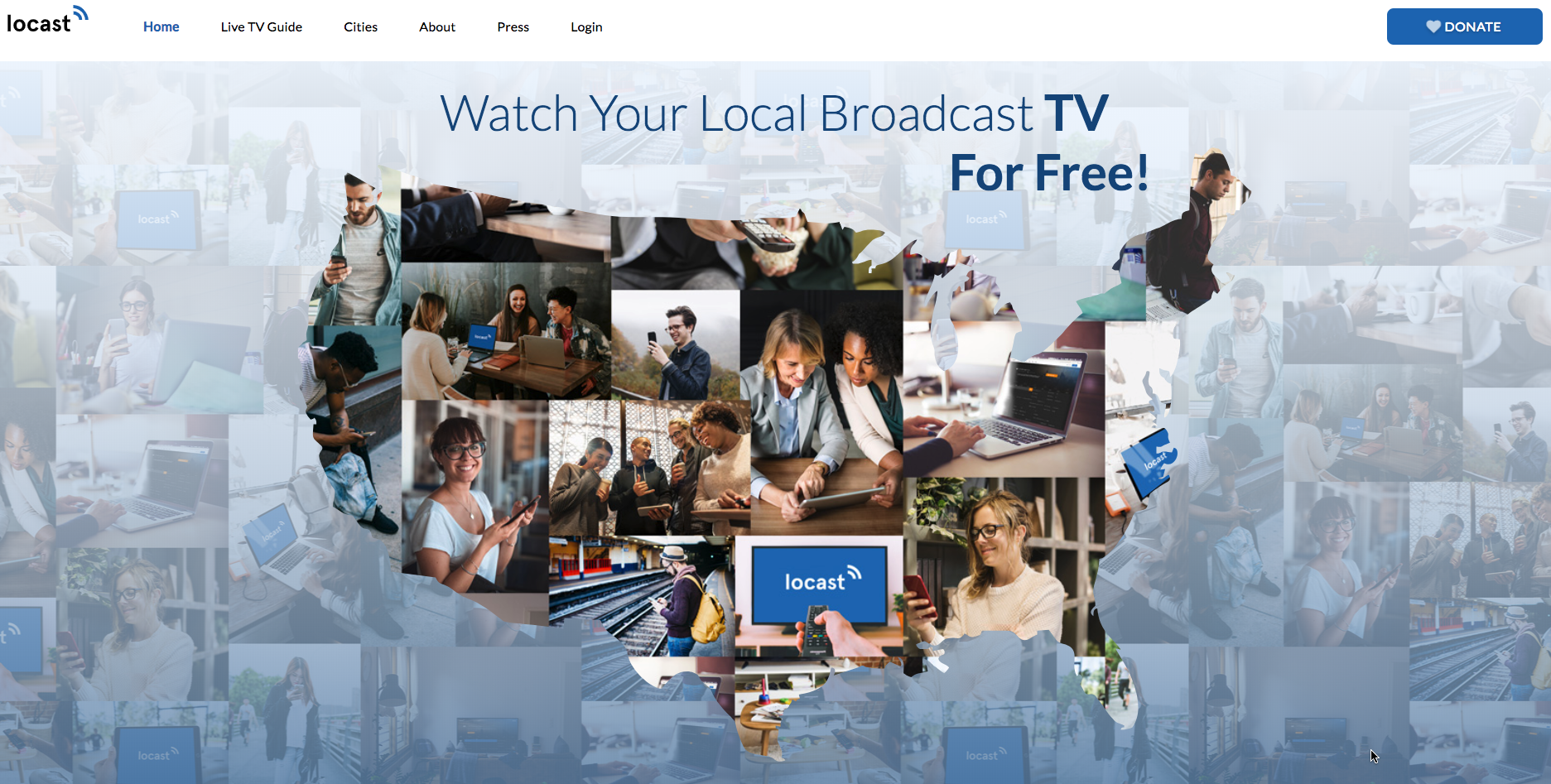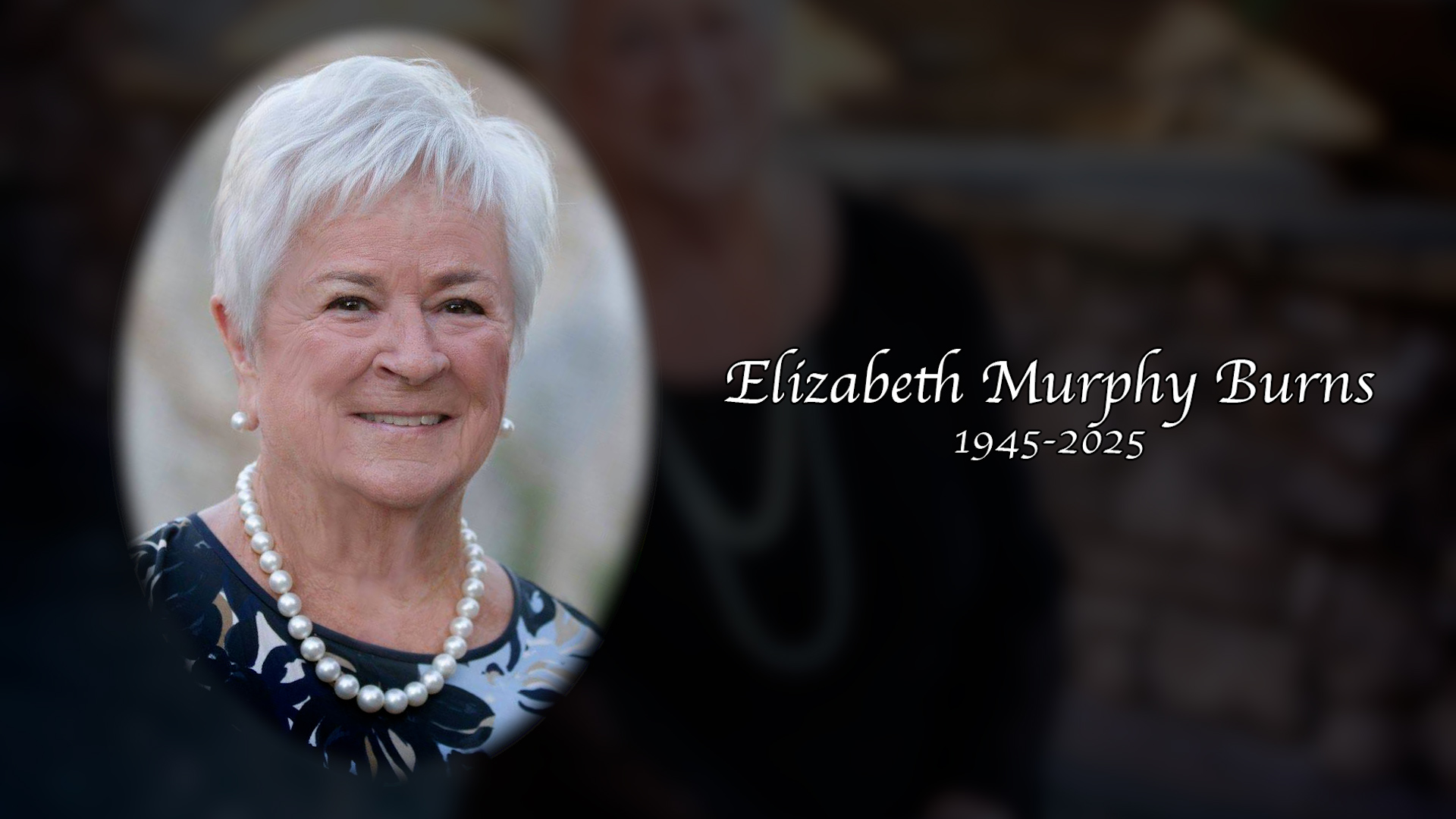Locast’s Goodfriend: ‘We’re Very Likely to Prevail in Court’
Locast "very optimistic" with Electronic Frontier Foundation joining his fight against the media giants

NEW YORK—Locast founder and chairman David Goodfriend says he’s now “very optimistic” that his broadcast signal streaming platform won’t go down in court the same way Aereo did eight years ago.
“We’re very likely to prevail in our court case,” the former FCC legal adviser and Dish Network attorney said today during his Virtual NYC TV Week Spring keynote, an event produced by Next TV’s parent company, Future Media.
Goodfriend, opening a session of the Virtual Next TV Summit, specifically noted the announcement in late March by international digital rights nonprofit Electronic Frontier Foundation (EFF) that it would join legal forces with Locast to fight a copyright suit filed against the streaming service by Disney, Fox, Comcast and ViacomCBS, the media companies behind the Big Four broadcast networks.
Locast is now serving the top 10 U.S. designated marketing areas (DMAs) and reaching 40% of U.S. TV homes, offering “free” streaming of local broadcast stations with what Goodfriend calls an “NPR model”—the service requests at regular 15-minute viewing intervals that users make voluntary $5 monthly donations.
Goodfriend didn’t specify how much in the way of voluntary donations Locast has received to date. But he said the contributions have been ample enough to sustain the service.
Goodfriend used his keynote to once again hammer home Locast’s mission: to provide a service that is now more essential than ever during the pandemic, delivering vital broadcast information to citizens who either can’t receive over-the-air broadcast signals or can’t afford to receive them due to rising costs of pay TV services.
With the pandemic, he said, “Suddenly, Locast has taken on a need that’s even more profound than when we started.”
Get the TV Tech Newsletter
The professional video industry's #1 source for news, trends and product and tech information. Sign up below.
Streaming services that take local over-the-air signals and stream them over the open internet have been struck down in court before. Most notably, entrepreneur Chet Kanojia’s Aereo was obliterated by the U.S. Supreme Court in 2012.
During his keynote, Goodfriend took time to explain what he feels is Locast’s key differentiating legal high ground—it’s a nonprofit, with solid footing on a carveout created by Congress in the 1976 Copyright Act.
“We have put the profit motive above all else,” Goodfriend said. “We put the profit motive above in healthcare, and we’ve put the profit motive avow in entertainment and media. And it’s gotten out of hand.”
Goodfriend read a letter from he said he recently received from a user, who described Locast as an essential lifeline to vital broadcast TV services the writer could not otherwise afford. The letter was attached to a $5 contribution.
“When the court hears our story, and it hears it directly from the American people, I’m confident we’re going to win,” he said.
